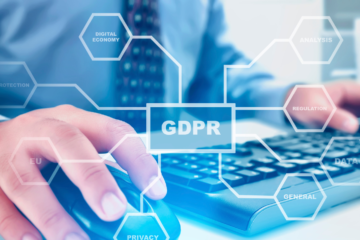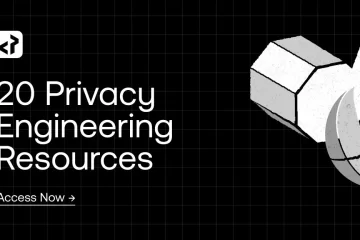Welcome to the World of Data Protection
Hey there! In today’s fast-paced digital world, the threat of data breaches looms large. It’s crucial for organisations to have a solid plan in place to tackle breaches head-on. And at the heart of this plan is the Data Protection Officer (DPO). Whether they’re an internal expert or part of an outsourced data protection officer service, their role is vital in managing breaches effectively.
The Role of the DPO in Responding to Data Breaches
When a data breach occurs, the DPO plays a key role in leading the response effort and ensuring that all legal requirements are met. Let’s dive into their responsibilities:
Data Breach Response Process
- Initial Assessment of the Breach: The DPO kicks things off by evaluating the breach to understand its severity and impact. This includes identifying the types of data involved and assessing the need for notifications.
- Ensuring Compliance with Legal Frameworks: Next, the DPO ensures that the response aligns with relevant laws and regulations, such as GDPR or HIPAA.
- Developing a Response Strategy: Working with the team, the DPO creates a detailed plan that covers containment, investigation, and communication.
- Training and Supervision: To prevent errors, the DPO ensures that everyone is on the same page with the organisation’s Incident Response Plan.
Key Actions Taken by the DPO During a Data Breach
When a breach happens, the DPO springs into action to contain the damage. Here are some critical steps they take:
- Notification to Data Protection Authorities (DPAs): The DPO informs the relevant authorities about the breach within the required timeframe.
- Coordinating Third-Party Involvement: If third parties are involved, the DPO ensures a coordinated response.
- Notifying Affected Data Subjects: Individuals affected by the breach are promptly informed about the situation.
- Managing Internal Teams: The DPO ensures that all internal teams work together seamlessly to address the breach.
Supervising the Data Breach Response Process
Supervision is crucial to ensure that the response is in line with legal requirements and best practices. Here’s how the DPO oversees the process:
- Overseeing Investigation and Containment: The DPO leads the investigation and ensures that any evidence is preserved.
- Ensuring Compliance with Deadlines: Deadlines are closely monitored to prevent delays.
- Documenting the Incident: Thorough documentation is maintained for compliance and future reference.
- Supervising Post-Breach Review: After the breach is resolved, a review is conducted to strengthen future responses.
Key Communications During a Data Breach
Communication is key during a data breach. Here’s how the DPO handles communication with various stakeholders:
- With Data Protection Authorities (DPAs): Direct communication with authorities is maintained to demonstrate cooperation.
- With Third-Party Controllers and Processors: Collaboration with third parties is crucial for a unified response.
- With Affected Data Subjects: Clear and concise communication is provided to individuals affected by the breach.
- With Internal Stakeholders: Regular updates are shared with internal teams to keep everyone informed.
The Strategic Advantage of an Outsourced Data Protection Officer
For organisations without in-house expertise, an outsourced DPO brings valuable skills and experience to the table. They offer cost-effective compliance solutions and ensure readiness for any data breach scenario.
Conclusion
The DPO plays a critical role in steering the ship during a data breach. From assessing the breach to coordinating with stakeholders, their supervision ensures a smooth and compliant response. And for organisations looking for expert assistance, an outsourced DPO is a reliable solution.
Ready to strengthen your organisation’s breach response capabilities? Reach out to Formiti today to learn more about their expert outsourced data protection officer services.



